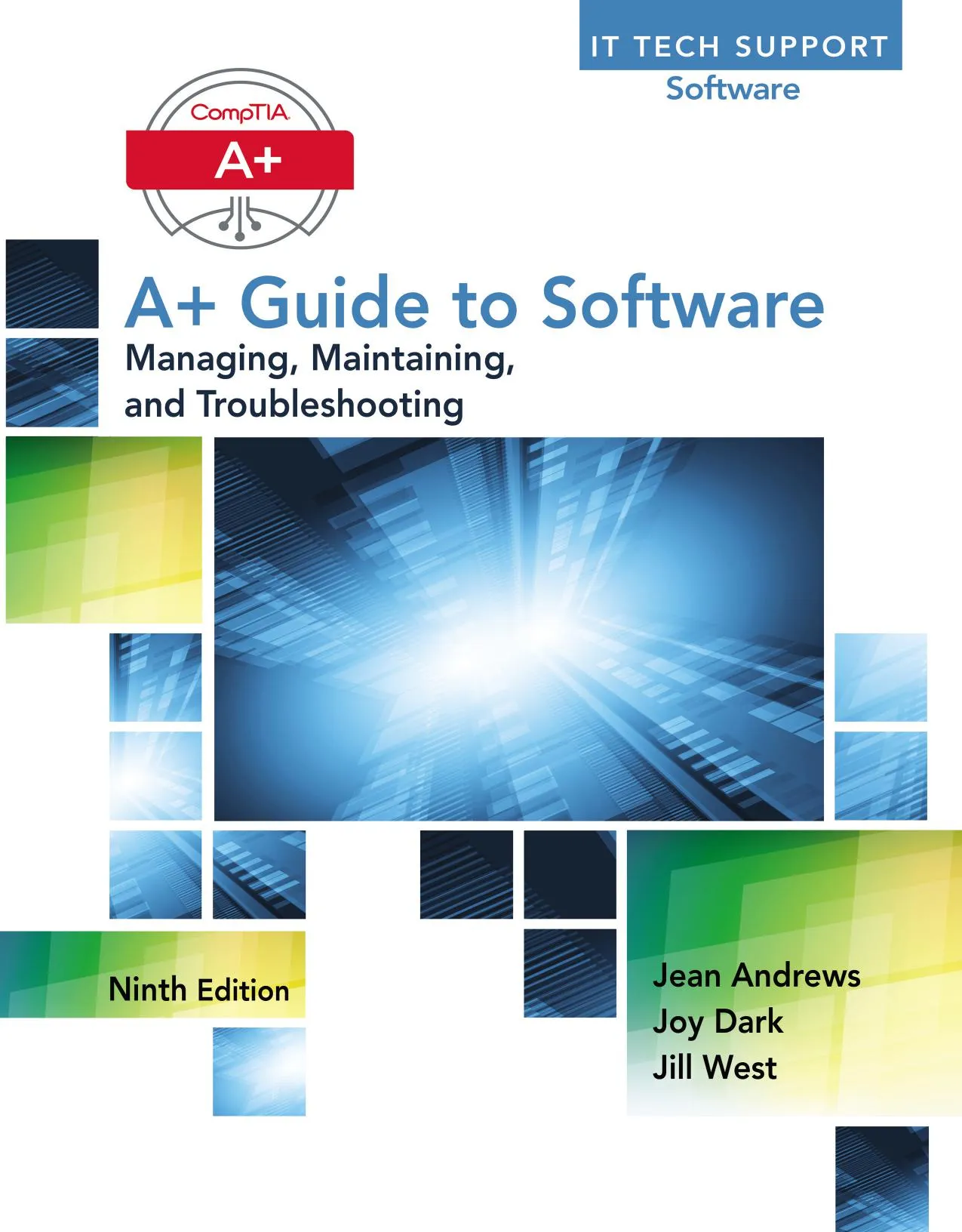Annals of Software Engineering
3.9
Reviews from our users

You Can Ask your questions from this book's AI after Login
Each download or ask from book AI costs 2 points. To earn more free points, please visit the Points Guide Page and complete some valuable actions.Related Refrences:
Introduction to "Annals of Software Engineeringpp.241—256"
In the rapidly evolving domain of software engineering, "Annals of Software Engineeringpp.241—256" serves as a vital resource that bridges theoretical concepts with practical implementations. Authored by a distinguished team of researchers—Stephen J. H. Yang, Irene Chen, Chyun-Chyi Chen, Chi-Hsing Chu, Kevin H. W. Shen, and Chi-Wei Lan—this comprehensive section sheds light on significant innovations and advancements within the landscape of software systems and methodologies.
The pages numbered 241 to 256 form an integral part of the broader compilation, acting as a beacon of knowledge for software professionals, scholars, and students. Meticulously crafted, the content combines analytical rigor with actionable insights, making it both academically enriching and commercially relevant. Below, we explore the essence of the book with a detailed summary, key takeaways, quotes, and a discussion on why this work holds immense importance in today's world.
Detailed Summary of the Book
"Annals of Software Engineeringpp.241—256" delves into advanced concepts that intersect software development lifecycles, automation, and system design methodologies. The book provides a structured exploration of modern-day challenges in software engineering, alongside innovative solutions to address these challenges. It emphasizes leveraging technological advancements, such as artificial intelligence and machine learning, to accelerate development cycles, improve system reliability, and enhance scalability.
The book is structured to guide readers progressively, starting with theoretical insights into the foundational principles of software engineering. It then transitions to practical applications through real-world examples, case studies, and comparative analyses of various software development models. The authors engage in a nuanced discussion about emerging paradigms, such as Agile, DevOps, and CI/CD pipelines, while providing a historical context to illustrate how traditional approaches have evolved.
The section pp.241—256 stands out for its focus on methodologies that promote collaboration between teams, robustness in code quality, and reduced time-to-market. From automated testing frameworks to reliable system architectures, every concept is explained with precision and clarity, making it accessible yet intellectually challenging.
Key Takeaways
- A comprehensive understanding of software engineering principles and practices.
- Insights into the practical and theoretical integration of AI and machine learning in software systems.
- Strategic approaches to scaling software systems effectively and efficiently.
- The importance of collaboration, agility, and iterative development in achieving software success.
- A detailed examination of the balance between innovation and reliability in modern software design.
Famous Quotes from the Book
"A software engineer's greatest challenge lies not in perfecting the code, but in ensuring the processes behind the code evolve in harmony with the ever-changing future."
"The marriage of automation with human intuition has redefined the boundaries of what we once thought possible in software development."
"Collaboration is not just a methodology; it is the backbone of innovation and the cornerstone of all engineering success."
Why This Book Matters
In an age when every industry is being redefined by digitization, software engineering stands as the architect of this transformation. "Annals of Software Engineeringpp.241—256" is more than just a scholarly addition to the academic world; it is a toolkit designed for the future. It matters because it equips professionals and learners alike with the knowledge they need to stay ahead in a competitive and hyper-evolving field.
With the rapid adoption of technologies such as cloud computing, AI, and the Internet of Things (IoT), the principles laid out in this book become crucial for building resilient, scalable, and secure systems. It underscores the role of interdisciplinary collaboration and continuous learning, qualities that resonate deeply in an era where software solutions impact global economies and improve lives.
For students and entry-level engineers, the book offers a clear roadmap to success. For seasoned professionals, it provides an opportunity to revisit fundamental concepts in the light of modern advancements. Most importantly, it underlines the ethical considerations and societal impact of software engineering, reminding readers why their work matters.
Authored by Stephen J. H. Yang, Irene Chen, Chyun-Chyi Chen, Chi-Hsing Chu, Kevin H. W. Shen, and Chi-Wei Lan.
Free Direct Download
You Can Download this book after Login
Accessing books through legal platforms and public libraries not only supports the rights of authors and publishers but also contributes to the sustainability of reading culture. Before downloading, please take a moment to consider these options.
Find this book on other platforms:
WorldCat helps you find books in libraries worldwide.
See ratings, reviews, and discussions on Goodreads.
Find and buy rare or used books on AbeBooks.
1193
بازدید3.9
امتیاز0
نظر98%
رضایتReviews:
3.9
Based on 0 users review
Questions & Answers
Ask questions about this book or help others by answering
No questions yet. Be the first to ask!




